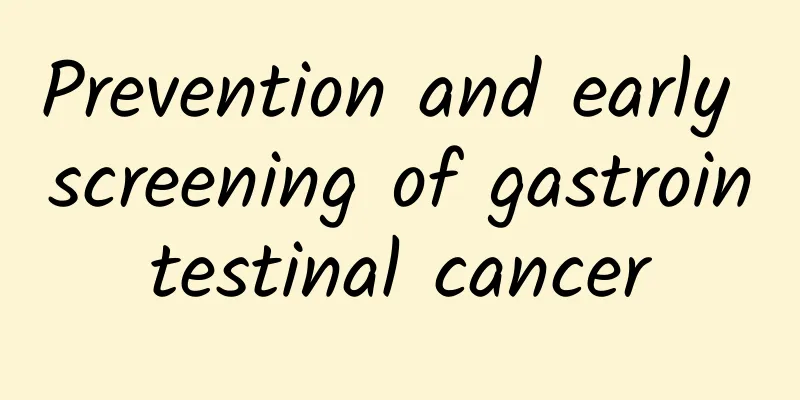[Medical Q&A] What should I do if my child’s parotid glands swell due to mumps?
![[Medical Q&A] What should I do if my child’s parotid glands swell due to mumps?](/upload/images/67f0f9b45433a.webp)
|
Planner: Chinese Medical Association Reviewer: Huang Lei, deputy chief physician, Fifth Medical Center, PLA General Hospital Mumps is an acute respiratory infectious disease caused by the mumps virus, characterized by non-suppurative swelling and pain of the parotid glands (located in the cheek area below the earlobe). The following are treatments for parotid swelling. Rest and Isolation Make sure your child gets enough rest and avoids physical labor and strenuous exercise. Mumps is contagious, so during the illness, you should avoid contact with other people, especially unvaccinated people, until the swelling of the parotid glands has completely subsided. 【Symptomatic treatment】 (1) Antipyretic and analgesic: If fever or pain occurs, antipyretic drugs such as acetaminophen can be used to relieve symptoms, but aspirin should be avoided. (2) Oral care: Keeping your mouth clean and gargling with warm salt water can help relieve oral discomfort. (3) Local cold compress: In the early stage of parotid gland swelling, you can use ice packs or cold compress packs to gently apply to the swollen parotid gland to shrink the local blood vessels, thereby reducing the degree of inflammation and congestion, and helping to relieve pain and swelling. However, this method has little effect on the treatment of the disease. Note that hot compresses cannot be used! (3) Diet adjustment: Eat soft or liquid food that is easy to chew and swallow, such as porridge, noodles, cooked vegetables and fruit puree. Avoid acidic foods, such as lemons and oranges, as these foods may stimulate the salivary glands and increase pain. At the same time, encourage children to drink plenty of water or other liquids to keep the body hydrated and prevent dehydration. 【Keep a positive attitude】 Children may feel irritable and restless due to pain or discomfort. Parents should give care and comfort to help children maintain a good attitude. Parents can distract children by reading, listening to music, watching movies, etc. to reduce discomfort. 【Notes】 Pay close attention to changes in your child's condition and record body temperature, swelling, etc. If severe symptoms such as persistent high fever, vomiting, abdominal pain, and difficulty breathing occur, seek medical attention immediately. |
<<: [Medical Q&A] What reactions will children experience after vaccination? What should I do?
Recommend
What are the examination items during the second trimester?
Prenatal check-up is an essential part of pregnan...
Can I still get pregnant after 2 abortions?
Frequent abortions are very harmful to women'...
What is the problem with Polygonum multiflorum growing vines but no leaves? How to deal with Polygonum multiflorum growing vines but no leaves
Polygonum multiflorum is very common in life. Bec...
How much weight do you gain during 5 months of pregnancy?
Weight gain during pregnancy has always been a to...
How long does low placental bleeding usually last?
Pregnant women need to observe changes in their b...
Can pregnant women eat dishes made with pepper?
Black pepper is called Gu Yue powder. It is made ...
Precautions for cervical excision
Many women have cervical disease, which is very h...
Teach you how to read blood routine
Author: Chen Zhou, Department of Nephrology, Shan...
Illustration of dumbbells for girls to slim down their arms
Barbell is a common fitness equipment, which can ...
Last menstrual period after menopause
Compared with men, women's growth period is m...
Frequent sex is good for girls
Many girls feel very averse when talking about th...
What is the nutritional value of cherry tomatoes? Are cherry tomatoes acidic or alkaline?
Cherry tomatoes, also known as small tomatoes, ar...
How much weight should a twin pregnancy gain during pregnancy? Do I need to take twice as much folic acid and calcium as a single pregnancy?
Author: Sun Yu, Chief Physician, Peking Universit...
The test result is negative after the menstrual period is delayed for three days
Generally speaking, healthy women have regular me...
Is perseverance that important?
Leviathan Press: In fact, regardless of whether p...









